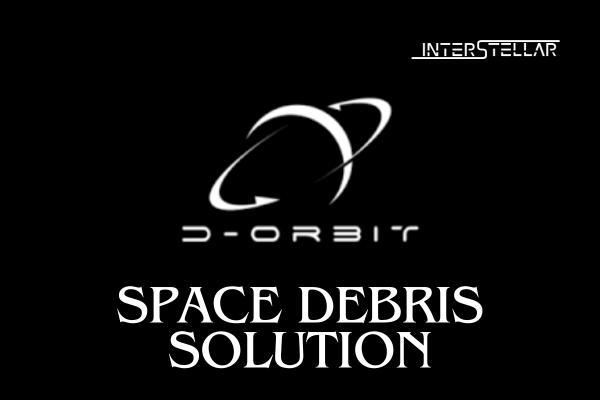D-Orbit Secures €119.6 Million ESA Contract to Tackle Space Debris
Italian space logistics firm D-Orbit has been awarded a €119.6 million ($130 million) contract by the European Space Agency (ESA) to develop commercial in-orbit servicing capabilities. This project, part of ESA’s Space Safety Programme, aims to reduce space debris by managing defunct satellites in Earth’s orbit.
Addressing Space Debris with Innovative Solutions
D-Orbit’s contract focuses on the development of a new space vehicle named GEA, which will play a critical role in docking with and controlling other satellites. The vehicle will extend the operational life of satellites, relocate them, or move them to safer “graveyard” orbits. These higher orbits, located about 100 kilometres above operational satellites, prevent decommissioned satellites from posing a threat to active space operations.
Alternatively, the GEA vehicle will direct defunct satellites towards Earth’s atmosphere, allowing them to burn up safely upon re-entry. This solution will help mitigate the growing issue of space debris, which is currently estimated at 7,000 tonnes orbiting Earth.
Extending Satellite Lifespan and Pioneering Space Recycling
GEA is designed to extend the operational life of geostationary satellites, which typically function for about 15 years before running out of fuel. By refuelling or repositioning these satellites, D-Orbit’s technology will maximise their usability and minimise risks to other space assets.
Looking to the future, D-Orbit CEO Luca Rossettini has highlighted the company’s goal of developing orbital recycling stations. These facilities would repurpose space debris to create raw materials for orbital manufacturing, thus adding value rather than letting these defunct objects drift. Rossettini envisions a future where the space infrastructure will connect Mars, the asteroid belt, the Moon, and Earth, facilitating the transportation of goods, people, and information.
Growing Importance of In-Orbit Servicing
With space becoming increasingly congested due to an ever-growing number of satellites, the development of in-orbit servicing is vital. Dead satellites remain a significant hazard, travelling at speeds up to 27,000 km per hour and capable of severely damaging operational spacecraft. D-Orbit’s innovative GEA vehicle is set to be a game-changer in this domain.





